Chances are if you’re reading this blog post, you’ve become familiar with ChatGPT on some level. Since ChatGPT’s launch in late November of 2022, the platform has over 100 million subscribers and 13 million daily users.
Like Google, ChatGPT delivers your queue results instantaneously. However, ChatGPT takes it one step further and synthesizes the results for you. With AI technologies advancing far faster than the average person can conceptualize, will this new technology lead to a modern renaissance or modern dark age?
ChatGPT is currently the leading AI platform. In just milliseconds, it can create a business plan for you, write your Master’s thesis, or plan your daughter’s birthday party. On the one hand, it has the capability to revolutionize how we work, creating efficiency and developing the user’s knowledge. On the other hand, it has the potential to make us mindless robots, enabling plagiarism and depleting originality.
For the curious scholar, ChatGPT can hold Socratic communication through its information retention from previous chat entries and an active learner can dive deeper into the chosen subject matter faster than they ordinarily would be able to by clicking through links on a standard Internet search. It can provide a great starting point to guide the user in the right direction and save time in the research process through inspiration.
For the lazy scholar, ChatGPT can spit out a whole paper on complex topics in mere moments. Chronic procrastinators can now wait until the literal last minute to write their term paper. Fortunately, higher learning institutions have been able to develop plagiarism software to mitigate this and track AI written articles. However, the opportunity still exists for other software to change the wording slightly and deliver a paper non-detected by the academic integrity policing efforts. If the user chooses to copy and paste, they may be left with repetitive and unverified content.
For complex queries, the user must be able to learn how to speak the AI language to produce the desired results. Using the correct action word, including the right context, and creating a simple task are all going to affect the results of the query. As AI learns common queries and verbiage, a savvy user will also need to adapt to the linguistic patterns to maximize efficiency.
For the curious employees at TTG, ChatGPT has helped us dig deeper into the industries and roles in technology, streamlined creating email templates, and opened an opportunity to learn about the challenges of the hiring process to help us become smarter recruiters.
With a machine-learning model, the chatbot is still adapting to the acquisition of new knowledge. The question is – will you adapt your knowledge with it, or blindly regurgitate its results?ohh

